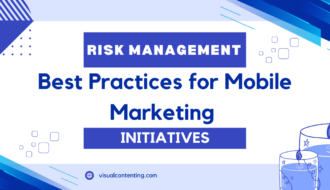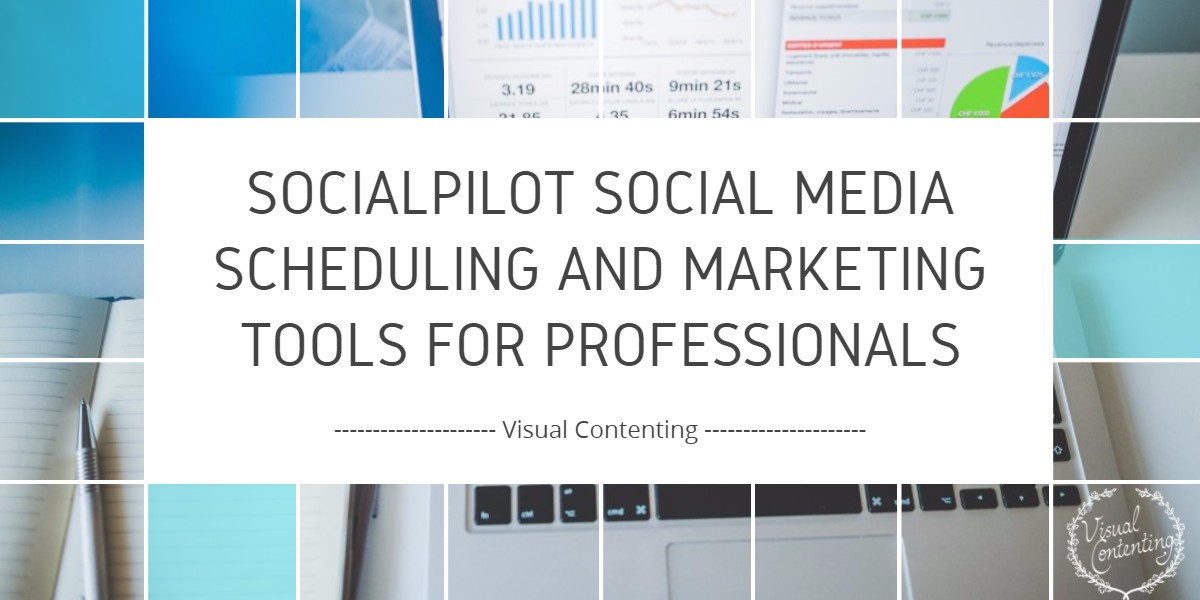Cloud marketing is an emerging term that describes a company's collective digital marketing efforts. The goal is to reach customers where they are. Additionally, people must view the content as relevant to them and their needs.
Here are some marketing 2021 predictions that could shape how teams plan and execute their efforts in the coming year.
1. Marketers Will Rely on Customer/User Experience as a Brand Differentiator
A recent report showed that 28.6% of marketers picked user experience as the top brand differentiator this year. The same survey revealed that 34.2% of them planned to optimize or improve their audiences' user experience.
Research conducted elsewhere indicated that helping customers have the best experiences possible pays off. People will pay up to a 16% price premium for good interactions. People will pay up to a 16% price premium for good interactions. Share on X Plus, 63% of shoppers are more likely to share their data with companies when they genuinely value their products or services. 63% of shoppers are more likely to share their data with companies when they genuinely value their products or services. Share on X
People should expect the focus on user experience to continue into 2021 and beyond. It goes against good business sense to invest so much in user experience in 2020 and then change course. When customers have positive experiences with brands, they're more likely to show loyalty. Improving user experience from a digital marketing perspective could mean making it easier for a person to redeem an online coupon or get details about products before checking out.
Recommended: 8 Ways to Provide a Better E-Commerce Experience in 2020
2. Marketers Will Make Their Personalized Ads More Mobile-Friendly
One of cloud marketing's primary aims is for all of a company's digital efforts to seem as relevant to each customer as possible. When that happens, conversions increase, and people see that it makes sense to keep doing business with the brand. It's likely no surprise that people in a target audience are more likely to click on ads that somehow relate to them.
A study found that 43% of people think it's important that ads have personalized content related to their geography, interests or behaviors. A study found that 43% of people think it's important that ads have personalized content related to their geography, interests or behaviors. Share on X Another 29% said personalized ads made them more likely to buy things. One crucial finding from the research that should affect marketing 2021 plans was that 34% were most likely to engage with personalized ads while using smartphones or tablets.
That fact equates to a strong suggestion that marketers should strive for mobile-friendliness when developing their digital advertisements. People in a target audience are more likely to click on ads that somehow relate to them. Given the only 1% difference in preference for the two platforms, marketers must cater to mobile users without overlooking people who prefer accessing promotional content on their desktops.
Recommended: What We’ve Learned About the Industry After We’ve Analyzed Over One Million Banner Ads
3. COVID-19 Will Cause Shifts in Digital Marketing Mixes
The COVID-19 pandemic arguably shook up many marketing plans for 2020 and caused some teams to take drastically different approaches. The internet often offered the safest way to interact with others, and many people used it to work, attend school, stay entertained and socialize. Thus, digital marketing because exceptionally pertinent during the pandemic, and that will likely continue.
Gartner principal Lili Meng explained, "To best optimize both short-term objectives and create long-term efficiencies, marketing leaders must first focus on what to put spend behind versus where. Once they settle on what they want to communicate to consumers, they must shift their digital marketing mixes in order to better scale messaging."
She continued by clarifying, "Leading brands are leaning more on cost-effective alternatives, including direct and organic search traffic, and utilizing more linking strategies to drive traffic from frequented sites." Along with these changes, some enterprises have sped up their transitions to the public cloud. A survey indicated that one-fifth of enterprise operators said the pandemic accelerated their decisions to move to the public cloud or use services hosted there.
Companies that are ramping up their digital marketing commitments while adjusting to the post-COVID-19 landscape may find that the public cloud offers benefits ranging from cost-effectiveness to better reliability. The fact that providers handle necessary maintenance is another perk. This lets marketers focus on reaching their customers via the cloud instead of worrying about downtime or data center equipment investments.
Recommended: 7 Ways COVID-19 Permanently Changed the Marketing Industry
4. Digital Marketers Will Increasingly Show Transparency to Win Trust
Today's marketing professionals know that access to customer data is crucial for developing campaigns that win people over and encourage them to take desirable actions. The challenging thing is that many people feel wary about sharing their details with companies. They become even more uneasy if it's not clear how that data will be used. These things mean that transparency will become an even more important part of digital marketing in 2021.
A study about corporate data usage and customer trust found that 97% felt somewhat or very concerned about protecting their data. Moreover, 85% would not forgive companies that misused their information — even if they previously trusted those entities. Those statistics emphasize that customers have very little patience when businesses make mistakes when using their personal stats.
The research also showed that 72% of consumers would be more likely to read legal and customer policy pages about company data usage if the content were shorter. Another 61% would look over that content if it were more straightforward. Customers also want to see the value for them if they provide data. Since 43% said they'd give detailed information to companies in exchange for discounts, marketers should investigate how to make people more willing.
Recommended: 6 Marketing Data Tools that Go Beyond Google Analytics
5. Marketing Teams Will Focus More on Choosing the Right Channels and Content
The rapid evolution of the digital marketing landscape means companies have a growing number of ways to reach customers through their cloud marketing efforts. However, the best outcomes should arise when marketers take the time to understand which channels and content types resonate with people the most.
According to research published in March 2020, 37% of respondents felt digital ads were too intrusive. Additionally, people are twice as likely to have more positive impressions from TV ads than content in the most common digitized formats. Instead of feeling discouraged by those findings, marketers should double down on their efforts to create compelling content, then connect with people through the most appropriate channels.
Doing this successfully may require marketers to explore new digital channels or develop different content based on audience segments and needs. Matching the information and distribution method to the audience was necessary before. However, since people do not always automatically trust what they encounter online these days, brands will need to work even harder to earn their confidence and attention.
Recommended: Content Marketing Ideas to Take Inspiration from
6. Conversational Marketing Will Gain Even More Ground
While ironing out and getting approval for their marketing 2021 budgets, professionals should strongly consider how to integrate conversational marketing into their plans for the year ahead. That method of connecting with customers will likely become even more prominent soon, especially with people spending more time in the digital realm.
Many people think conversational marketing is a fancy name for live chat. It does involve two-way conversations, but they span beyond what traditional chat interfaces offer. One of the primary differences is that conversational marketing enables asynchronous communications that occur according to customers' preferences. Someone might start a chat with a brand while sipping coffee in the morning and finish it eight hours later on a different platform.
Conversational marketing fits with the fast pace of today's world and people's desire for instant information. Company representatives must stay mindful of making it hassle-free and seamless for customers to interact with brands. The ability to receive reliable clarification should help people feel more at ease when making purchases or otherwise interacting with brands.
Recommended: Why It’s Important for Businesses to Be Conversational on Social Media
Keeping Pace With Digital Marketing Changes Brings Success
The major events that help digital marketing evolve in 2021 will undoubtedly include happenings besides the six trends mentioned here. However, marketers should treat these as excellent starting points to help them develop and get the most from their cloud strategies in the year ahead.
Related Posts
Devin Partida writes about topics concerning tech and the internet. She is also the Editor-in-Chief of ReHack.com.







